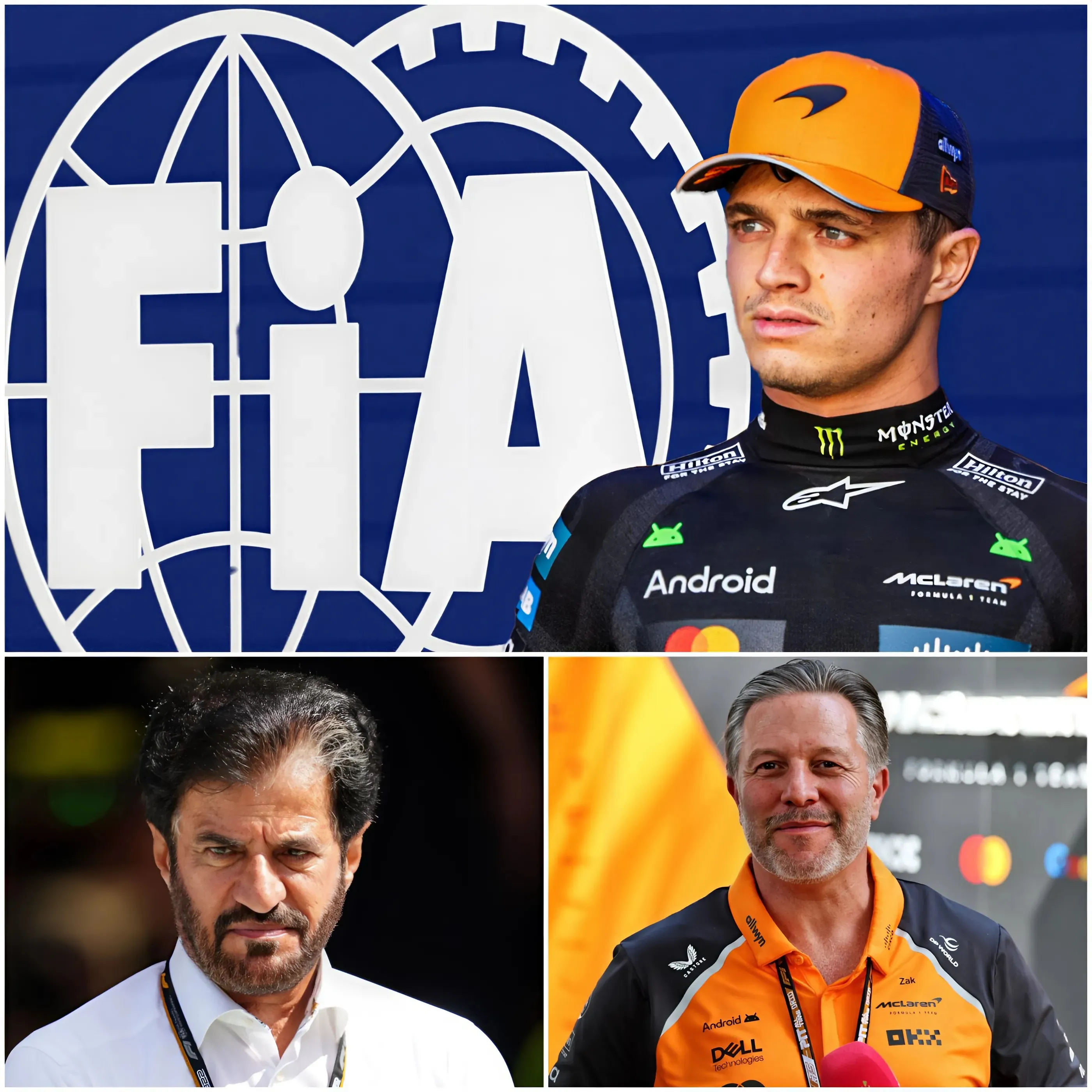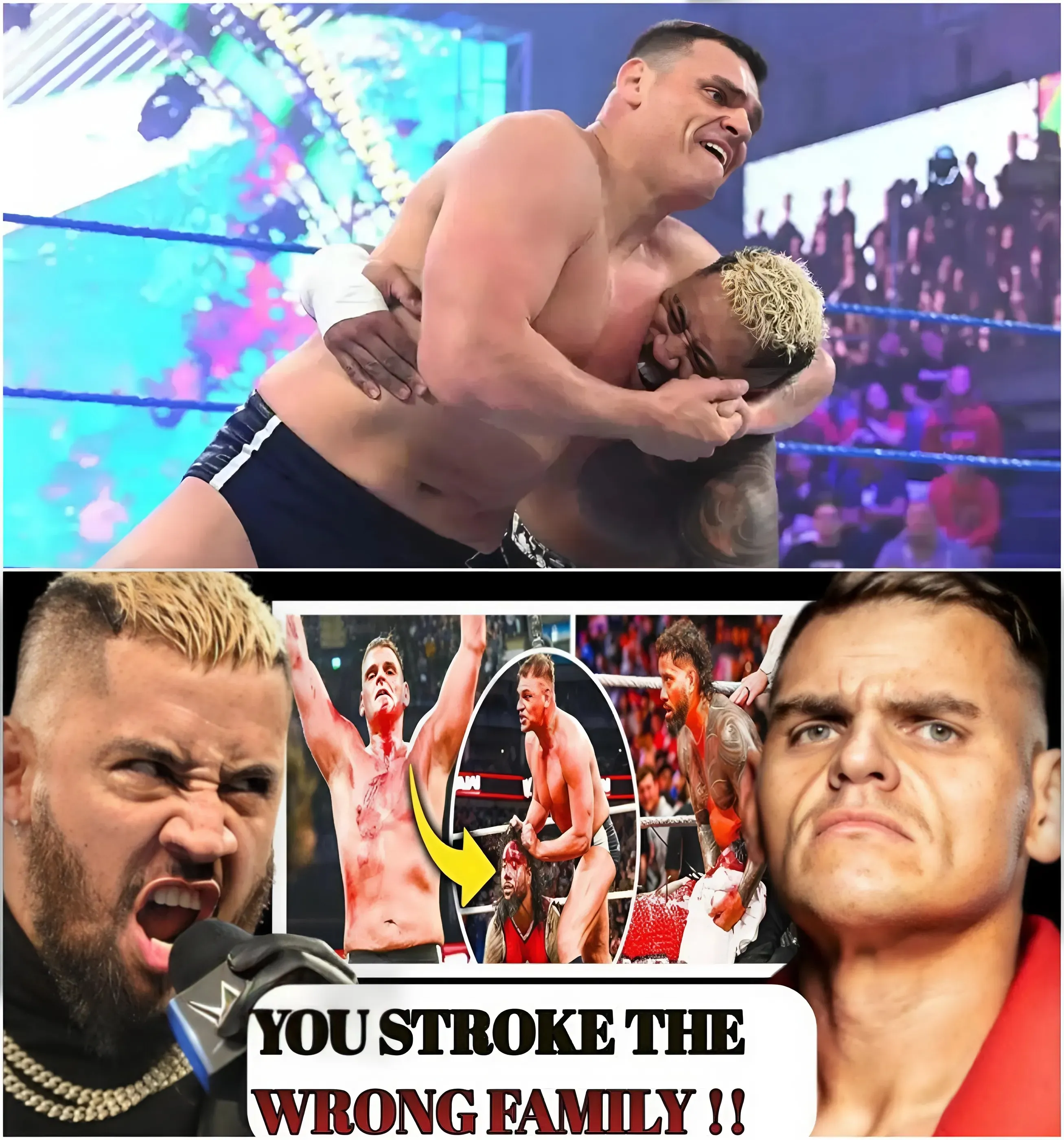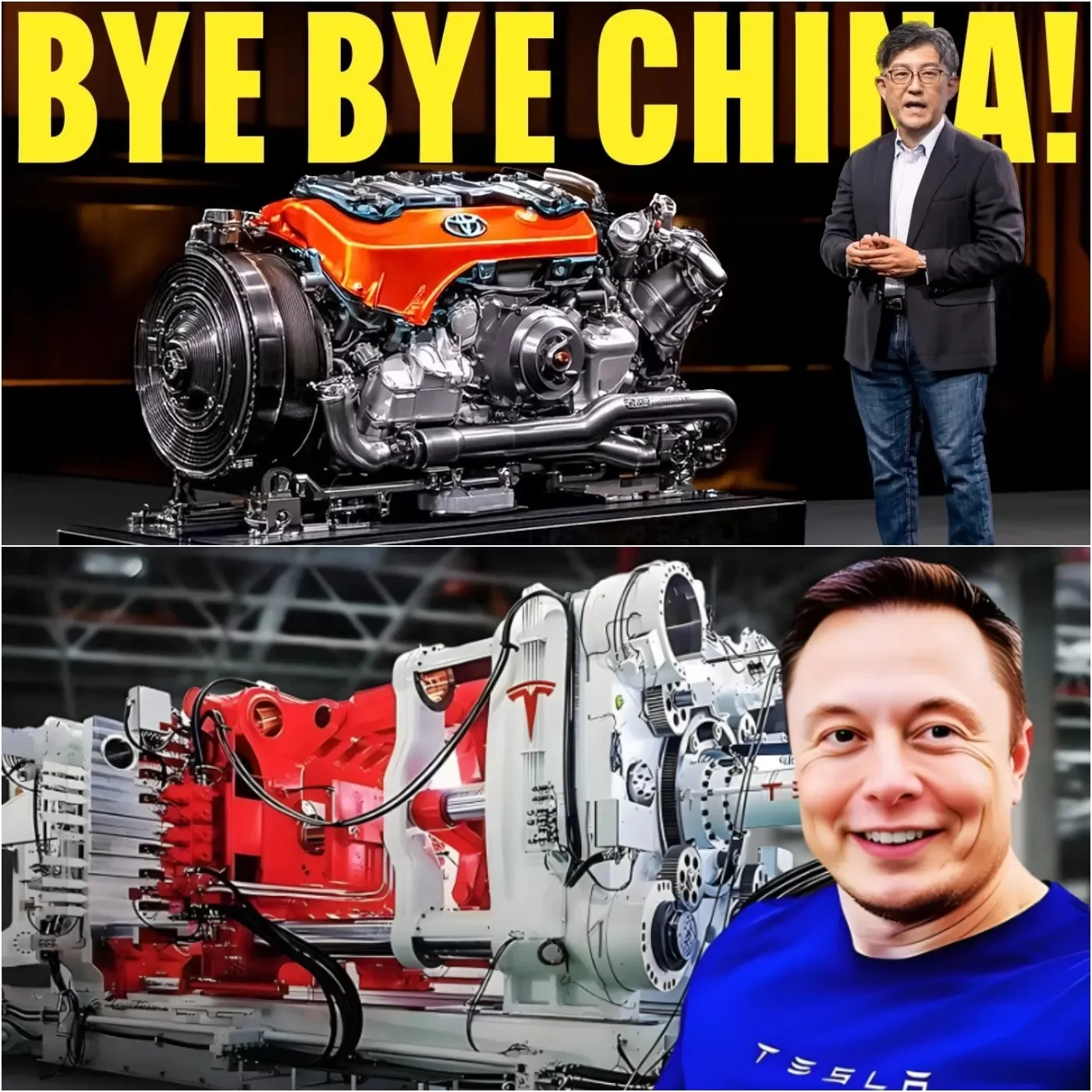In the intricate world of professional wrestling, family dynamics often intertwine with on-screen narratives, blurring the lines between reality and performance. A recent development in WWE has brought this intersection into sharp focus, involving the renowned Anoa’i wrestling family.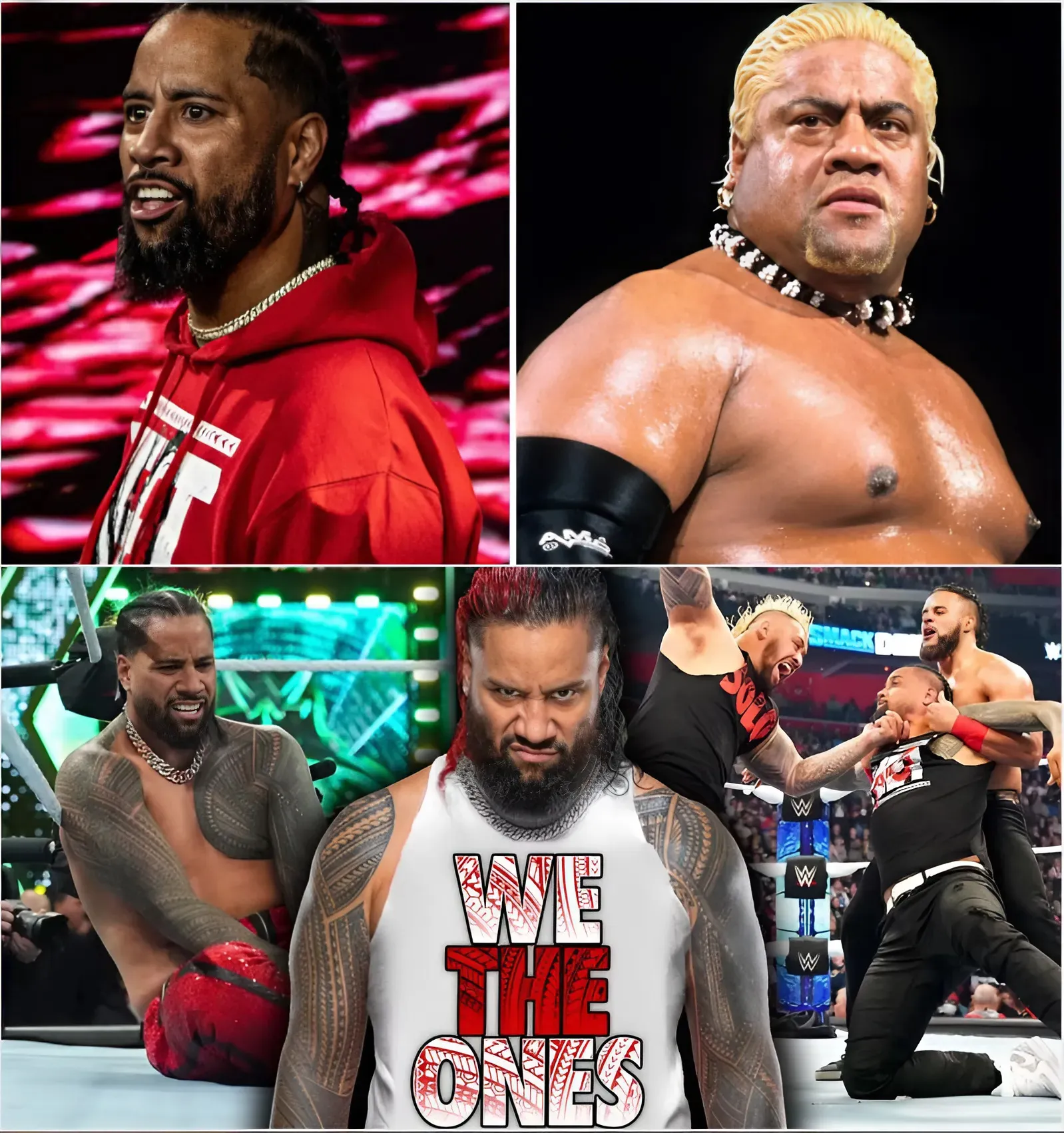
Jimmy Uso, a prominent WWE superstar and member of the celebrated Anoa’i lineage, recently made headlines with a controversial action against his twin brother, Jey Uso. During a heated segment on WWE programming, Jimmy delivered a shocking slap to Jey, a move that not only stunned audiences but also led to Jimmy declaring his intention to replace Jey in an upcoming match against the formidable Gunther.
This unexpected turn of events has elicited a strong response from their father, WWE Hall of Famer Rikishi. Known for his candidness, Rikishi did not mince words regarding his disapproval of Jimmy’s actions. On his podcast, “Off The Top,” Rikishi addressed the incident, expressing his disappointment and concern over the escalating tensions between his sons.
“Family should always come first,” Rikishi emphasized. “What Jimmy did was uncalled for. You went too far! This isn’t how we resolve our differences, especially not in front of the world.”
Rikishi’s reaction underscores the delicate balance that wrestling families must maintain when personal relationships become entangled with professional storylines. The Anoa’i family, in particular, has a storied history in wrestling, with multiple generations contributing to the sport. Such incidents risk not only personal relationships but also the legacy that the family has built over decades.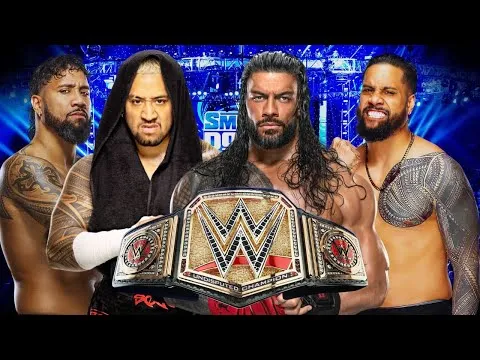
The altercation between Jimmy and Jey Uso is not an isolated incident but rather the culmination of simmering tensions that have been building over recent months. Fans have observed subtle disagreements and miscommunications between the brothers during matches and promos. However, the physical confrontation marked a significant escalation, suggesting deeper underlying issues.
In the aftermath, Jey Uso has remained relatively silent, choosing not to publicly address the incident or his brother’s challenge to Gunther. This silence has left fans speculating about his feelings and future actions. Will Jey seek reconciliation, or will this lead to a more profound rift between the siblings?
Meanwhile, Jimmy Uso’s decision to step into the ring against Gunther has raised eyebrows within the wrestling community. Gunther, known for his imposing presence and technical prowess, presents a formidable challenge. Some analysts question whether Jimmy’s actions stem from a genuine desire to prove himself or if they are part of a larger, more complex narrative unfolding within WWE.
Rikishi’s public condemnation adds another layer to this unfolding drama. His disappointment reflects a father’s concern for his sons and a veteran’s perspective on the importance of unity and respect within the wrestling industry. Rikishi’s comments also serve as a reminder of the values that have guided the Anoa’i family’s success in wrestling: respect, loyalty, and solidarity.
As this storyline develops, it raises broader questions about the portrayal of familial relationships in professional wrestling. While personal conflicts can add depth and intrigue to narratives, they also risk blurring the lines between entertainment and reality, potentially impacting real-life relationships. WWE has a history of incorporating real-life family dynamics into its storylines, sometimes leading to memorable moments, but also risking personal strain among those involved.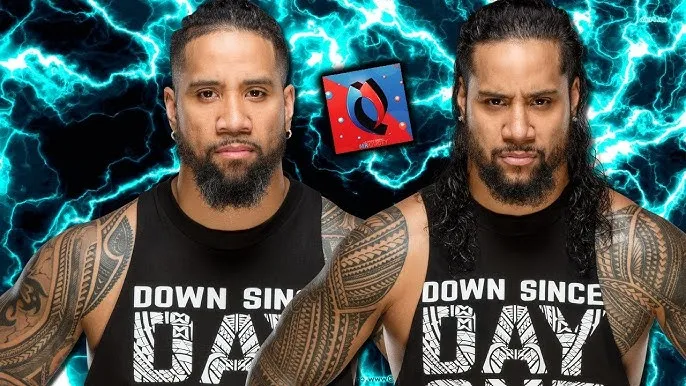
Fans are now keenly watching how WWE will navigate this complex situation. Will the promotion delve deeper into the personal conflict between the Uso brothers, or will efforts be made to steer the narrative toward reconciliation and unity? The handling of this storyline will not only impact the careers of Jimmy and Jey Uso but also reflect on WWE’s approach to storytelling involving real-life relationships.
In conclusion, the recent altercation between Jimmy and Jey Uso, highlighted by Rikishi’s candid criticism, has captivated the wrestling world. It serves as a poignant reminder of the intricate dance between personal relationships and professional storytelling in wrestling. As this narrative unfolds, it will undoubtedly continue to evoke strong reactions from fans and insiders alike, all while navigating the delicate balance of family, legacy, and entertainment.

